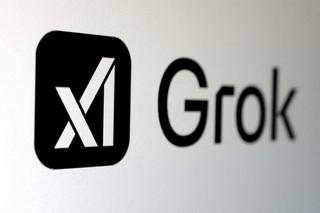Dating app company Bumble Inc. announced Wednesday it will lay off 30% of its workforce, affecting approximately 240 employees, as part of a broad restructuring effort aimed at sharpening its focus on product development and long-term growth.
The company disclosed the decision in a regulatory filing, stating that the move is intended to “realign its operating structure to optimize execution on its strategic priorities.” Bumble expects the workforce reduction to generate annual savings of around $40 million, most of which will be reinvested into the company’s product and technology teams to support future innovation.
As part of the restructuring, Bumble anticipates incurring between $13 million and $18 million in one-time charges related to severance packages, employee benefits, and associated costs, which will be reflected in the third and fourth quarters of 2025.
Investors appeared to welcome the cost-cutting move. Bumble’s shares rose by nearly 20% following the announcement, signaling market confidence in the company’s efforts to regain its footing after a difficult stretch.
This marks Bumble’s second major round of layoffs in just over a year. In February 2024, the company slashed approximately 350 jobs, also representing 30% of its global workforce at the time. That round came amid mounting competition in the online dating sector and growing concerns about user engagement and revenue growth.
Alongside the layoff announcement, Bumble raised its second-quarter revenue forecast to a range of $244 million to $249 million, up from the previously projected $235 million to $243 million. The company did not attribute the revised forecast directly to the staff cuts but framed the shift as part of a broader plan to strengthen its core business.
The strategic shakeup follows the return of Whitney Wolfe Herd, Bumble’s founder, who resumed the CEO role in March 2025 after stepping down in 2023. Herd’s return was seen as a response to Bumble’s declining performance and market share. In an interview with The New York Times earlier this year, Herd said, “Bumble needs me back. It’s an extension of me to some degree, and watching it fall from its peak has been very hard.”
Bumble reported a 7.7% year-over-year decline in first-quarter earnings last month, highlighting ongoing challenges in the competitive online dating landscape. Its main rival, Match Group—owner of apps like Tinder and Hinge—has also faced similar headwinds. In May, Match announced a 13% workforce reduction as part of its own restructuring to reduce costs and increase operational efficiency.
Both companies have been contending with shifting user behaviors and increased competition for younger demographics, particularly Gen Z, who have shown waning interest in traditional dating platforms.
As Bumble attempts to course-correct, the company is placing its bets on tighter operations, innovation in app functionality, and a renewed sense of leadership under Herd. Whether these efforts will be enough to restore its market momentum remains to be seen, but Wednesday’s announcement suggests Bumble is preparing for a decisive next chapter.










